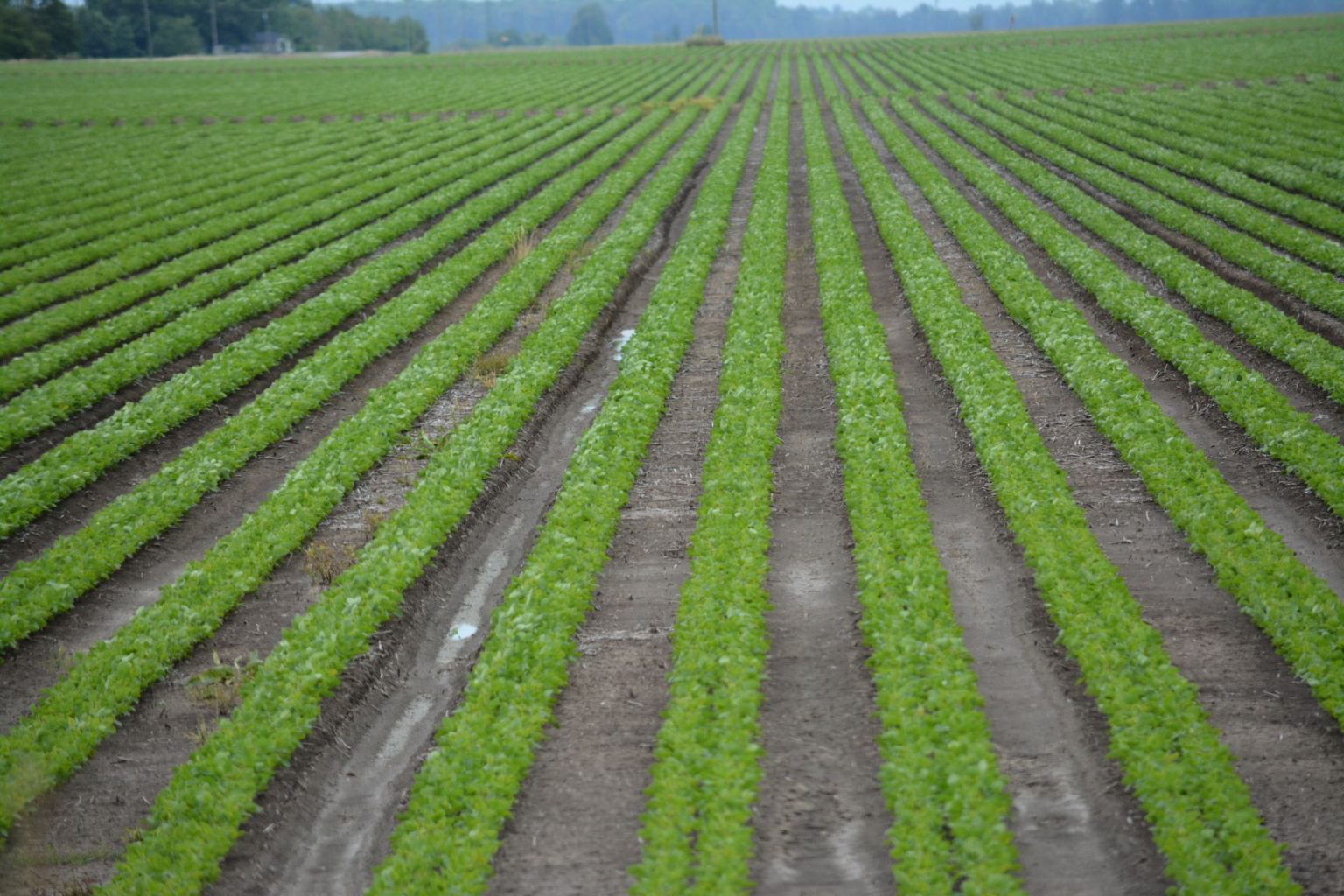The National Bureau of Statistics (NBS) has stated that the agriculture sector contributed 1.30 per cent, considering inflation and deflation, to Nigeria’s Gross Domestic Product in the third quarter of 2023. The NBS, in its GDP report, stated that the growth amounted to a decrease of 0.04 per cent points from the corresponding period of 2022, and a decrease of 0.20 per cent points from Q2 2023, which recorded a growth rate of 1.50 per cent.
Nigeria’s GDP grew by 2.54 per cent (year-on-year) in real terms in the third quarter, but the growth rate was higher than the 2.25 per cent recorded in the third quarter of 2022 and higher than the second quarter 2023 growth of 2.51 per cent. Report has it that the decline in performance in the sector is not unconnected to the rising insecurity in the northern part of the country that had forced farmers to abandon their farms. The low contribution is despite the third quarter being the period of harvest of farm produce by farmers, but heavy tax levies by non-state actors continued to put pressure on food security in the country.
He said the sector, which is sub-divided into four activities of Crop Production, Livestock, Forestry and Fishing, contributed 29.31 per cent to overall GDP in real terms and lower than the contribution in the third quarter of 2022, but higher than the second quarter of 2023, which stood at 29.67 per cent and 23.01 per cent, respectively. The report stated, “Crop production remained the major driver of the sector. This is evident as it accounts for 92.24 per cent of the overall nominal value of the sector in the third quarter of 2023. Quarter-on-quarter growth stood at 45.59 per cent in the third quarter of 2023. Agriculture contributed 26.36 per cent to nominal GDP in the third quarter of 2023. This figure was lower than the rate recorded in the third quarter of 2022 and higher than the second quarter of 2023 which recorded 27.55 per cent and 21.07 per cent, respectively”.



